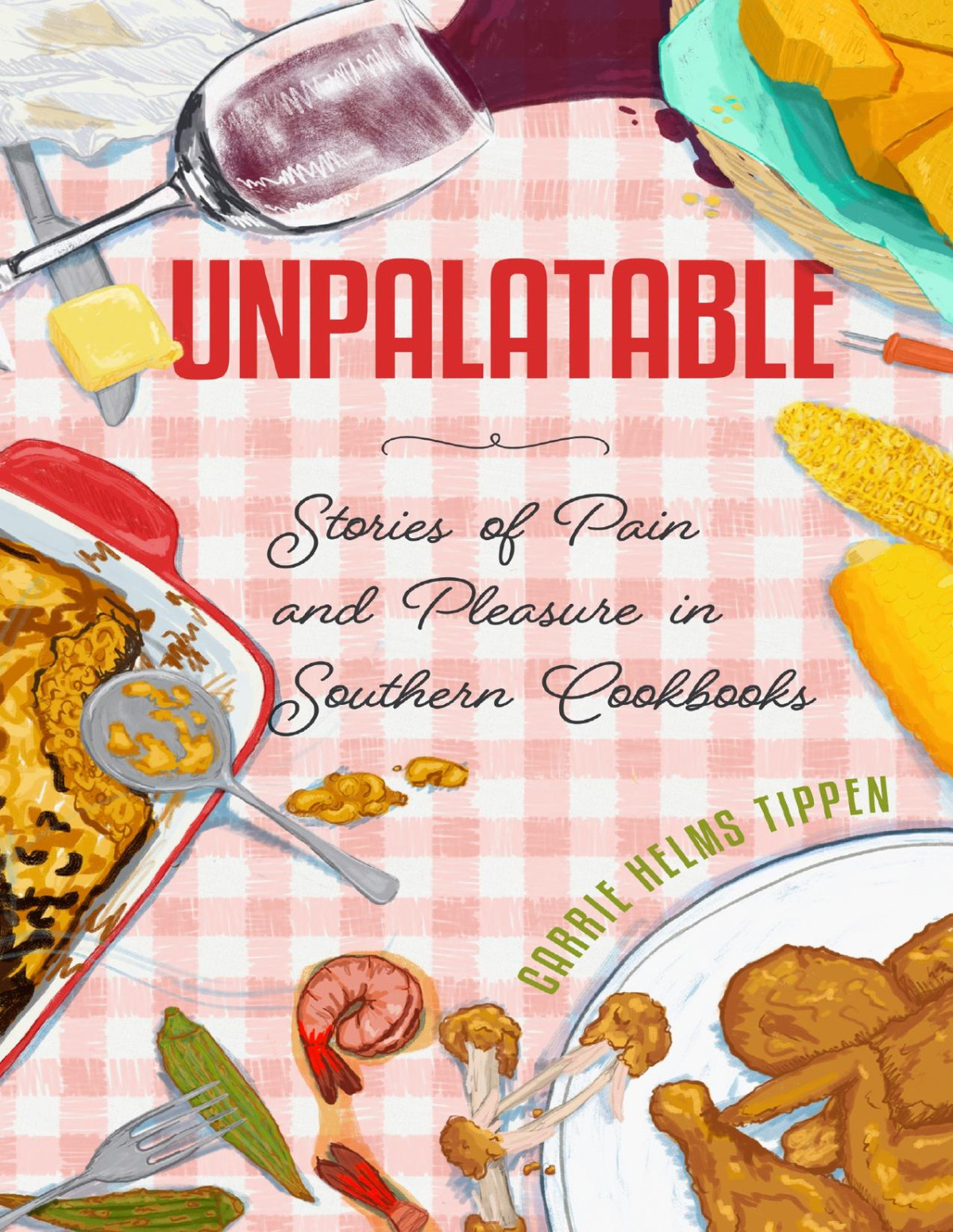

Most ebook files are in PDF format, so you can easily read them using various software such as Foxit Reader or directly on the Google Chrome browser.
Some ebook files are released by publishers in other formats such as .awz, .mobi, .epub, .fb2, etc. You may need to install specific software to read these formats on mobile/PC, such as Calibre.
Please read the tutorial at this link: https://ebookbell.com/faq
We offer FREE conversion to the popular formats you request; however, this may take some time. Therefore, right after payment, please email us, and we will try to provide the service as quickly as possible.
For some exceptional file formats or broken links (if any), please refrain from opening any disputes. Instead, email us first, and we will try to assist within a maximum of 6 hours.
EbookBell Team

5.0
88 reviewsThe cookbook genre is highly conventional with an orientation toward celebration and success. From glossy photographs to heartwarming stories and adjective-rich ingredient lists, the cookbook tradition primes readers for pleasure. Yet the overarching narrative of the region is often one of pain, loss, privation, exploitation, poverty, and suffering of various kinds. While some cookbook writers go to great lengths to avoid reminding readers of this painful past, others invoke that pain as a marker of southern authenticity. Still others use stories of southern suffering as an opportunity to make space for reconciliation, reparation, or apology for past wrongs. In Unpalatable: Stories of Pain and Pleasure in Southern Cookbooks, author Carrie Helms Tippen attempts to understand the unique rhetorical situation of the southern cookbook as it negotiates a tension between the expectations of the genre and the prevailing metanarratives of the southern experience, one focused on pleasure and the other rooted in pain. Through an analysis of commercially published “southern” cookbooks from the 1990s to the present, Tippen examines the range of rhetorical purposes and strategies writers have employed, some of which undermine the reality of a painful past and cause harm or violence, and others which serve as tools for truth and reconciliation.